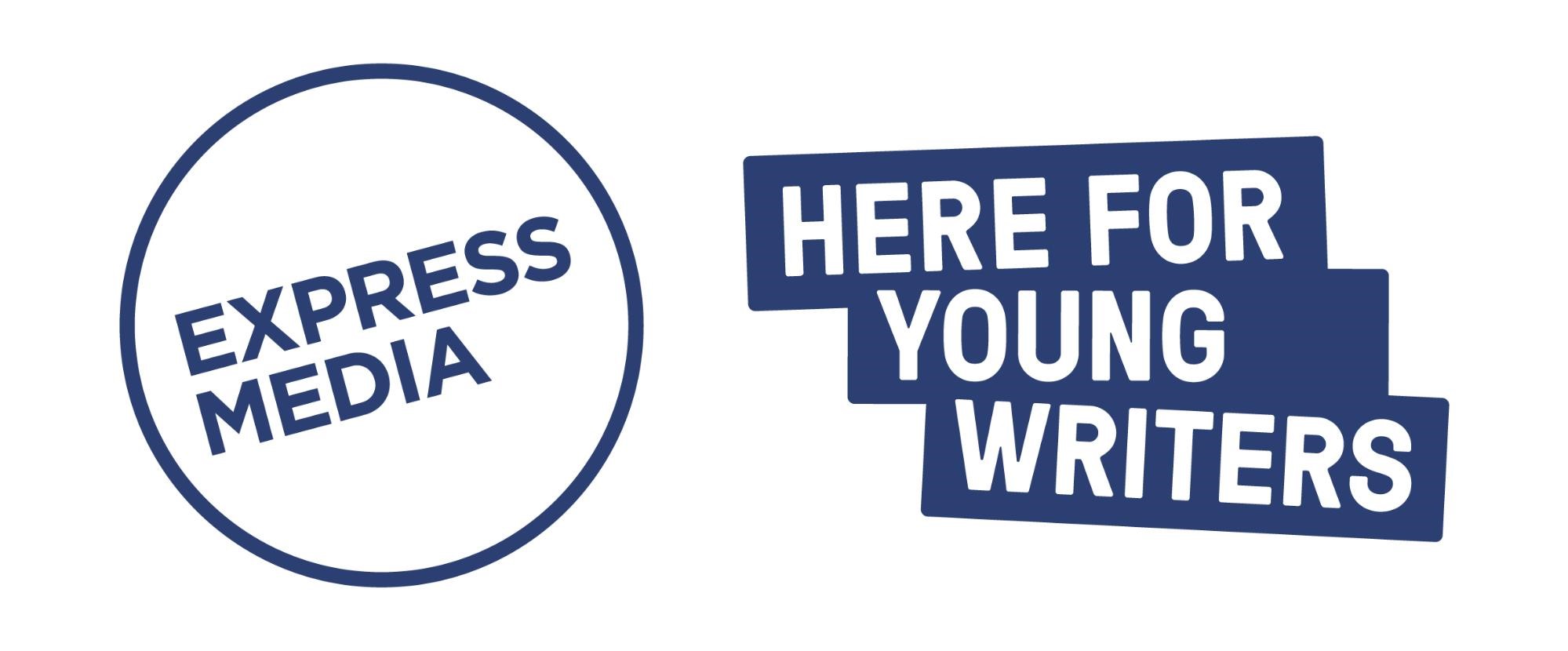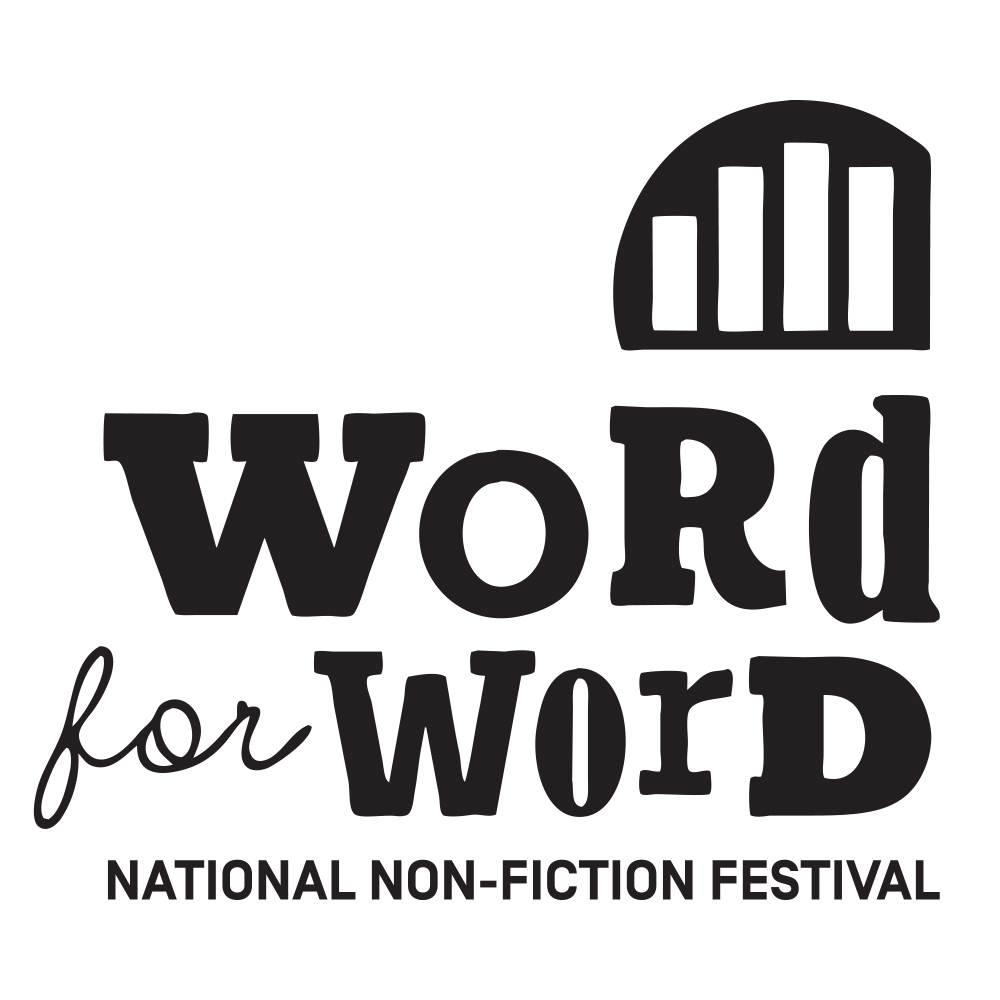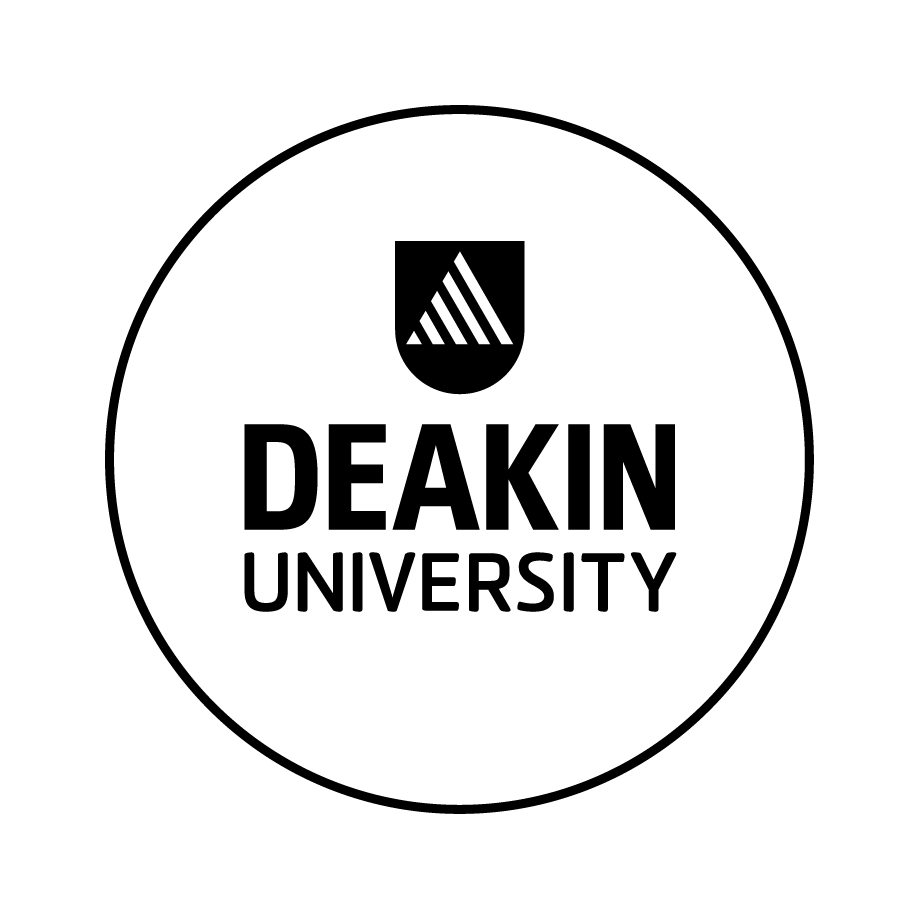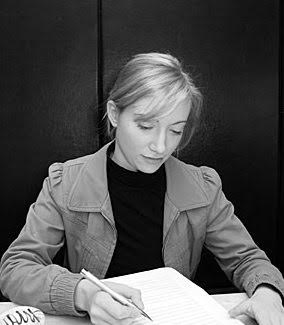23 August 2019
Hot tips for the Deakin University Nonfiction Prize 2019
In the lead up to this year’s Deakin University Nonfiction Prize, we sat down with our 2019 judges and 2018 Prize alumni for a quick chat about the Prize, their favourite nonfiction books, writing advice, and what they’ve been up to.
2019 Deakin University Nonfiction Prize Judge, Timmah Ball
The Deakin University Nonfiction Prize Timmah Ball talks academic nonfiction, connecting with your work, and how to create a nonfiction piece that’ll make an impact. The most influential nonfiction books that Timmah has read include Bronwyn Carlson’s ‘The politics of identity: Who counts as Aboriginal today?’ and Charlie Fox’s ‘This Young Monster’. Timmah particularly enjoys nonfiction work that blends academia and the personal narrative in a natural and accessible manner.
2019 Deakin University Nonfiction Prize Judge, Briohny Doyle
The Deakin University Nonfiction Prize Judge, Briohny Doyle, shares her thoughts on writing a winning submission, what she’s looking for in a nonfiction piece, and creating compelling nonfiction work. Briohny’s recent nonfiction pick is ‘Blue Lake’ by David Sonig!
2019 Deakin University Nonfiction Prize Judge, Julia Carlomagno
Where can the prize take you?
As a co-founder (with Express Media’s Joe Toohey) of this prize, I have seen it lead to pretty exciting outcomes for a lot of talented writers. This is not just for the winners, but also for shortlistees. Since 2014, publishers Scribe, Text and Black Inc. have published books by past winners and shortlistees Briohny Doyle, Robbie Arnott, Lech Blaine, Patrick Mullins and Oliver Mol as a direct result of the prize. Other shortlistees, such as Zoya Patel, Rebecca Harkins-Cross and Ellena Savage, have gone on to publish their entries in literary journals or books and be awarded fellowships and grants.
What advice do you have for people considering submitting?
Try to write from a place of genuine inquiry. Whether you are writing memoir, journalism, criticism, biography or narrative nonfiction, if you are prompted to write in order to answer or figure out a viewpoint on a question you have, either about yourself or the world, your interest should carry to the reader as well.
What marks out a high-quality submission?
In more journalistic pieces, attention to detail, thorough research (that is drawn on judiciously) and an eye for a good story. In memoir and personal nonfiction, a strong, distinctive voice and an instinct for drama.
What should writers avoid?
In pieces that don’t work as well, the author might be straining to impress or instruct, or for emotional gravitas. The advice to write what you know can be supplemented with: write as you are, rather than as you would like to be seen. Honesty and unpretentiousness are generally markers of good writing.
What have been stand-out submissions in the past?
I still remember the thrill of reading Briohny Doyle’s essay on marriage, money and the challenges for millennials: it was funny and smart and clearly the work of an original creative mind. It was the kernel that became her book Adult Fantasy. Patrick Mullins’ well-turned essay took what could have been an eye-glazing subject — Australia’s most boring prime minister and his failed attempts to write a book — and made it into a lively and genuinely gripping piece of writing. It blossomed into a 784-page book called Tiberius with a Telephone!
Are there any themes or subjects you would love to read in submissions this year?
Black Inc. has a reputation for publishing books about politics, the environment and social justice, and I’d love to read some ideas-driven nonfiction that examine the most pressing political, social and cultural issues facing Australia and the world. Take a look at our website or our sister publications, The Monthly and The Saturday Paper, to get a sense of what we publish. Our new podcast 7am is also a great ideas-generator. There is also always a place for beautifully written memoir and well-constructed literary criticism, both genres I love.
“Submitting your work can be a little nerve-wracking for any of us, because we’re putting often very personal works into the abyss and hoping they’ll be well-received.”
— Courtney McMahon
Tell us a little about your piece from last year
2018 Scribe Nonfiction Prize Winner, ZOWIE DOUGLAS-KINGHORN: The Invisible Sea is concerned with fracking, water and underground hope. In the 1800s, Charles Sturt went on an expedition into the heart of Australia, when he was saved several times from dying of dehydration by first peoples, ironically while he was looking for an inland sea. What he never realised was that he may have been standing above it.
Underground aquifers make up ninety per cent of the Northern Territory’s water source, and yet gas companies have half of the territory earmarked for hydraulic fracturing. To expand fracking in the Top End would immediately threaten water supplies, and emit more than five times the amount of greenhouse gases of the Adani Carmichael mega mine.
Climate change is not fair. Youth, poor people, Indigenous communities, all have the most to lose from global warming – people who have done the least to cause the problem. We might think we’re immune in the “lucky country”, but without urgent collective action we’re going to see a lot of people threatened by disease and drought, especially in the most remote and disadvantaged communities in Australia.
When do you ever hear the human stories of climate change? The Seed Indigenous Youth Climate Network and the Australian Youth Climate Coalition are leading the way towards climate solutions. I think as a society we need to have a conversation about intergenerational and social justice when we talk about global warming.
2018 Scribe Nonfiction Prize Shortlisted Writer and Runner Up, GEORGIA ROSE PHILLIPS: Holocene: A Short Story is told through Astrid’s stream of consciousness as she meditates upon the experience of losing her gay male best friend, Silas, to suicide, after his mental health declines sharply during the Same Sex Marriage debate. As she walks through the quaint Strand Arcade building to purchase a dress for his funeral, her mind instinctively recoils from the present to guard her from the psychological and emotional pain of his absence.
Astrid pulls us into her world of grief and longing as she begins to see Silas and the fleetingness of life in everything around her. Her memories are quickly ruptured by the visual cues of the debate pulling her back to the present. The rainbow flag in the shop window, the black silk of the funeral dress, the physical remnants of the political present impose with an insistence which emulates the inescapability of the SSM debate. Holocene: A Short Story reveals the power of friendship and mourns the losses of members of the queer community both before, during and after the SSM debate.
2018 Scribe Nonfiction Prize Shortlisted Writer, COURTNEY MCMAHON: I started writing this piece at a time when I had just changed my pronouns to They/Them and I was very frustrated with not being able to assert myself as genderqueer in a dual-gender language. I was constantly being put back into the box of She/Her, which did bother me since that was the very assumption I was trying to disrupt, but it’s very difficult to explain to strangers or acquaintances an identity which is so different to the commonplace conception of gender. I really got beaten up, by myself a lot too, because I didn’t have the energy to explain my situation to everyone, but I was hyper-aware of how I was being gendered all the time. Add to that my integration into a circle of friends where gender is a big issue.
I started writing as a way to vent, and to try to negotiate my position, to figure out how I could go forward in this world holding a non-gendered space, politically and ontologically. Because I felt strongly underneath the surface of this political stance that gender didn’t touch me at all, that I don’t have one, at least not one that exists in our language. So, I wrote to solidify my new identity as well as to deflate my anxieties around it, in what felt like a blue paradox.
2018 Scribe Nonfiction Prize Shortlisted Writer, MADISON GRIFFITHS: ‘Her Body as in an Empty Space’ is fragmented auto-biography that tackles what it means to be a woman living with chronic, sexual pain. It is framed around many different definitions and interpretations of the word ‘open’, and how I have emulated those meanings in my day-to-day life. I wanted to interrogate the complex ways that pain manifests beyond the body, and whether or not bodies are places of resistance.
2018 Scribe Nonfiction Prize Shortlisted Writer, GEORGIA MILL: This piece is a combination of diary entries and writings made over the last few years documenting my experience of living with chronic pain and having operations. These have been combined with my interest in mapping and the use of line work as a method of storytelling. I have also included quotes and text by artists and authors whose practice centres on mapping and the body. The work engages with psychogeography and how our movement through space carries with it a distinct memory and trace. It looks at the body as a terrain that can be subjectively mapped and studied. Although I still experience pain, it is more manageable and I feel a distance and perspective that made writing this piece possible.
2018 Scribe Nonfiction Prize Shortlisted Writer, ANA MARIA GOMIDES: ‘What luck, what a fucking curse’ explores the complexity of my experience as a light-skinned First Nations, Black and Brown woman. Partly narrative non-fiction, partly essay, it is a personal piece that draws on the lives of my ancestors as well as my own.
What advice do you have for people wishing to submit their work this year?
ZOWIE: My advice for people wishing to submit their nonfiction would be: do your research, get out there, and talk to people about what you’re working on. While I was writing my essay on fracking, I was having a gripe at work about climate change and I met a scientist and whistleblower from the industry. I got to do a really in-depth interview because of a conversation at work. Don’t hold back!
GEORGIA: Tell a story that is urgent. The openness of the category lends itself to a broad mix of forms, and naturally a huge pool of writers. It is not enough to write well, you need to write inventively about something really insistent. Try and achieve a sense of creative synergy between form and subject.
COURTNEY: Submitting your work can be a little nerve-wracking for any of us, because we’re putting often very personal works into the abyss and hoping they’ll be well-received…For me, it was very important during the writing and editing process to stay true to the feelings I was expressing, and to express them in the way I felt was right, without trying to dampen down anything for the sake of a competition. Last year’s shortlist carried a lot of personal stories, each told in their own unique manner, blending theory and non-fiction events, thoughts, and allegory…So my advice would be to those wishing to submit this year, to write the exact story you want to, and in the way you want to tell it. I think we can all sense when a story is told honestly and from the heart, and those are the stories we really value and remember.
MADISON: I’d recommend immersing yourself in your submission, imagining it as a larger body of work, considering and appreciating where it sits in the literary landscape. Why are you writing this now? Where is it going? How can you employ various other forms of non-fiction into your work: be it journalistic, creative, poetic or investigative.
GEORGIA M: I would say, go for it! It’s a great opportunity and the workshop with Scribe in Geelong last year was fantastic. It was great to meet other writers, learn about their practice and to have masterclasses from Briohny Doyle and Tresa Le Clerc. I also found the tailored feedback on my piece, as well as book recommendations really useful in developing it.
ANA MARIA GOMIDES: Edit, edit, edit. Self-editing can be exhausting, so if your piece ends up looking like nothing but thousands of blurry words randomly put together, it’s time to sleep on it, or leave it for a couple of days, then come back to it. Give yourself time to do this. Have other people look over your piece for you and try out their suggestions—follow your gut, not your ego. Much more often than not, editing only makes your work better.
Most importantly though, take care of yourself in the process. My essay was deeply personal, as were a shit ton of pieces submitted by others. Writing about lived trauma is important, yes. But it’s also fucking hard, to a point of becoming dangerous. I saw Roxane Gay—queen of personal non-fiction—address this a couple of years ago, and she said something along the lines of, “You go to therapy first, then you write.” Not everyone can afford therapy, but remember to take breaks, engage in self-care, ask yourself if the grind is worth the pain. I started writing ‘What luck, what a fucking curse’ over a year before I decided to send it to Scribe. There will be other opportunities to submit that piece you’ve been working on, and—let me say this loud enough for the people at the back—no writing is ever a waste of time.
Where are you at in your writing since last year’s prize?
ZOWIE: Since last year’s prize, I’ve been working on writing The Invisible Sea into a manuscript of long form narrative journalism – one chapter at a time. The prize has allowed me to travel to the Northern Territory for a month to deepen my research and experience the places I’m writing about. The mentoring has been extremely helpful, and has given me the confidence to submit to publications I love.
GEORGIA: I have been lucky enough to secure an RTP scholarship in UNSW’s Creative Writing Program, therefore, I am roughly one third of the way through my first (historical) novel and a research dissertation. On the side, I work as a writer, critic and hold a Deputy Editor role. I also continue to write short stories, essays, articles, reviews etc. and am working towards teaching, continuing research and publishing.
COURTNEY: I wasn’t writing too much until the last few months, when a very strange feeling came to me the way a note hovers on the air and then fades away; so now I’m in the process of trying to find out what that feeling is and bring it to life in writing. It’s a complicated process, because I have to be in a kind of meditative state, or else my writing will turn out horribly because it won’t come more or less directly from that place from which it comes. It’s fiction, so that also makes it harder for me, because I have to write through the lens of another character whilst that character is experiencing what I am, and I have to try and be very precise not to mix up what’s my story and what’s fiction. But that’s the problem with bending reality, which is what fiction does. But let’s not dwell on that too much, or else none of us would ever write!
MADISON: Since being shortlisted, I am in the process of developing my submission into a manuscript… something I may never have done if not given the confidence!
GEORGIA M: Since last year I have been focusing on dedicating more time to my writing practice and developing a few non-fiction pieces. I also took part in this year’s Emerging Writer’s Festival which was a great experience and am looking forward to being part of MWF in a few weeks.
ANA MARIA GOMIDES: Writing more and more, when I think about it. Also, after being shortlisted by Scribe, ‘What Luck, what a fucking curse’ got picked up by The Lifted Brow and a new and improved version of it is being featured in its next issue (43), which is pretty exciting!
What is your favourite nonfiction novel?
ZOWIE: My favourite nonfiction novel is Into the Woods by Anna Krien. I think it’s an absolute masterpiece. You can read why here.
GEORGIA: I am a little bit nature and history-obsessed, I was very impressed with Simon Schama’s Landscape and Memory.
COURTNEY: I don’t have just one favourite, but I really enjoyed Ed Moreno’s ‘Through the Night’, which follows Ed’s experience living with HIV and relates it with the translated works of the Brazilian author Caio Fernando Abreu, who died of AIDS-related complications in 1996. I got to know the stories of Abreu quite closely through Ed, enough that I was inspired to visit Porto Alegre in Brazil last year, where Caio Fernando Abreu lived and died, and it was there, in fact, that I finished my own manuscript which I submitted to Scribe.
MADISON: My favourite nonfiction novel is currently Axiomatic by Maria Tumarkin. It hums with power and grit, whilst still being tender and considered.
GEORGIA M: Hmmmm … I’m not sure I can pick a favourite! I really like ‘The Chronology of Water’ by Lidia Yuknavitch, ‘A Field Guide to Getting Lost’ by Rebecca Solnit and I’ve just started reading ‘Axiomatic’ by Maria Tumarkin which is pretty incredible.
ANA MARIA GOMIDES: Audre Lorde’s Zami: A New Spelling of My Name. It’s always such a mind-fuck when books that were written decades ago turn out to be so goddam relatable. This is often the case with work by Writers of Colour, so it’s never a particularly surprising mind-fuck, really. Brown and Black folks have been fighting the same fight for centuries, but that’s a rant for another time.
Deakin University and Express Media are continuing the legacy of the Nonfiction Prize for Young Writers with the Deakin University Nonfiction Prize. This prize is a unique development award to foster talented writers aged 30 and under writing long form nonfiction.
Entries between 5,000 and 10,000 words are welcome across all nonfiction genres, including memoir, journalism, essay, and creative nonfiction.
Entries are currently open and close 11.59pm Sunday 1 September.
Submit to the Deakin University Nonfiction Prize here.







